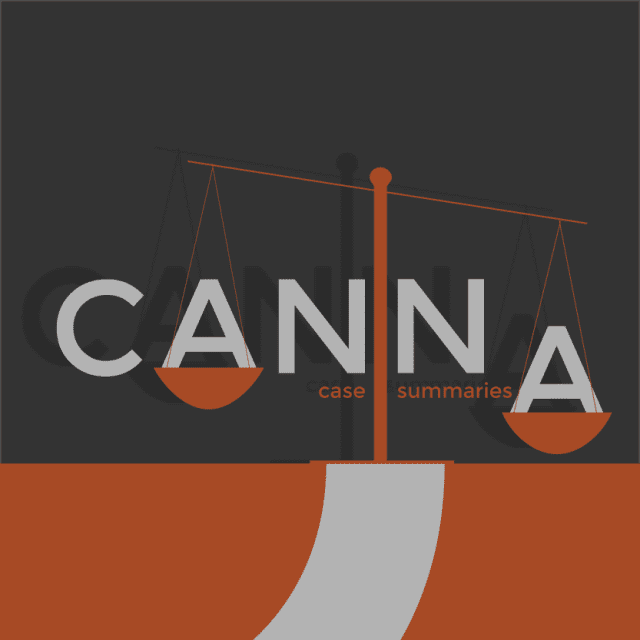 On June 7, 2010 Dish Networks LLC fired Brandon Coats for violating the company’s drug policy after a random drug test showed Coats was using marijuana.
On June 7, 2010 Dish Networks LLC fired Brandon Coats for violating the company’s drug policy after a random drug test showed Coats was using marijuana.
Coats is a quadriplegic who has been confined to a wheelchair since he was a teenager. He started working at Dish in 2007 as a telephone customer service representative. In 2009, Coats obtained a state-issued license for medical marijuana in 2009. He had informed the company he was a medical marijuana patient and planned to continue using marijuana.
It was undisputed that Coats was a model worker in every respect and that his firing had nothing to do with his performance and everything to do with his medical use of cannabis. We lawyers are always told that there are no “perfect plaintiffs.” Coats was the perfect plaintiff.
After Dish Networks fired Coats, he filed a wrongful termination lawsuit against Dish, citing to Colorado’s “Lawful Activities Statute” which provided that it shall be a “discriminatory or unfair employment practice for an employer to terminate the employment of any employee due to that employee’s engaging in any lawful activity off the premises of the employer during nonworking hours.”
Coats alleged that his medical marijuana usage was a lawful activity and therefore Dish could not terminate him for his positive test result. Dish filed a motion to dismiss, arguing that Coats’ use of marijuana was not “lawful” for purposes of state and federal law. The trial court dismissed Coats’ complaint for failure to state a claim after finding that medical marijuana use was not “lawful” under Colorado state law. The Colorado Court of Appeals affirmed.
The Colorado Supreme Court reviewed the question of whether medical marijuana use prohibited by federal law was a “lawful activity” for purposes of the statute. The court determined that the definition of “lawful” was not confined just to what was lawful under state law. The court then stated that marijuana use was unequivocally illegal under federal law and there was no recognized exception for medical marijuana under federal law. The court held that because Coats’ medical marijuana use was unlawful under federal law, it was not a “lawful activity.”
The Colorado Supreme Court affirmed the court of appeals and found that Coats was not wrongfully terminated as a result of his medical marijuana use. Coats v. Dish Network, LLC, 350 P. 3d 849 (Colo. 2015).
Though we virtually always try to stay away from expressing our opinions in these case summary posts, we cannot hold back here. We are not angry with the court for following the law and for leaving it to Colorado’s legislature to change Colorado law. But we do have to question what sort of company would terminate a good employee for such an absurd reason. And we further have to question why anyone would do business with this sort of company.
NOTE: The above is part of our plan to summarize all cannabis civil cases with a published court decision. By civil case, we mean any case that involves cannabis or the cannabis industry that is not a strictly criminal law matter. These cannabis case summaries are intended both to keep you up to date on cannabis laws as interpreted by the courts and also to serve as a resource for anyone conducting cannabis law research. We also will seek to provide key unpublished cannabis law decisions as well, when available.























